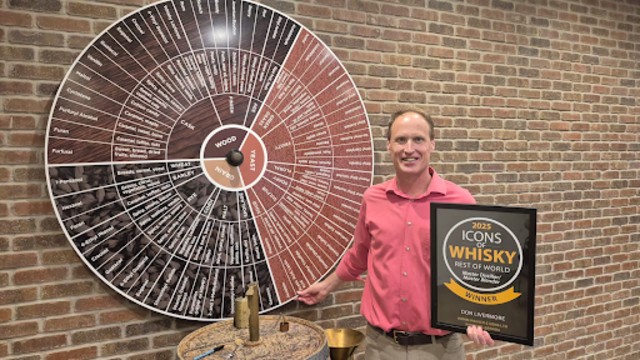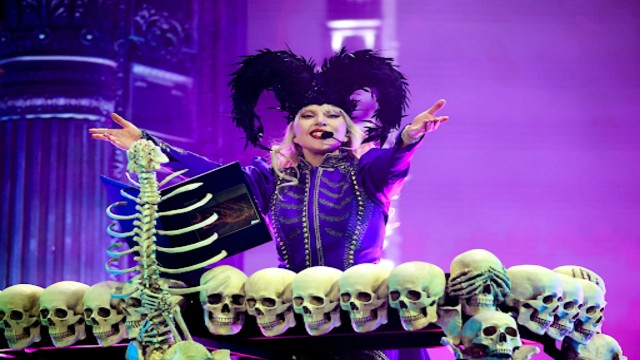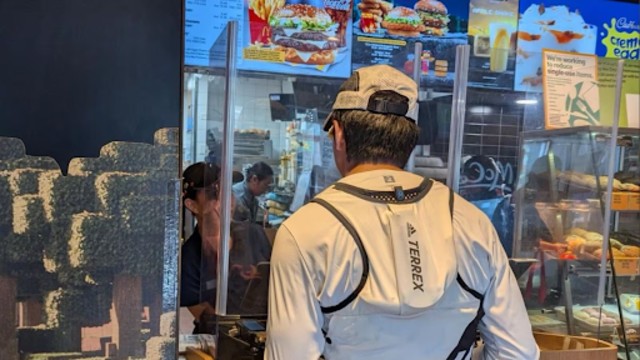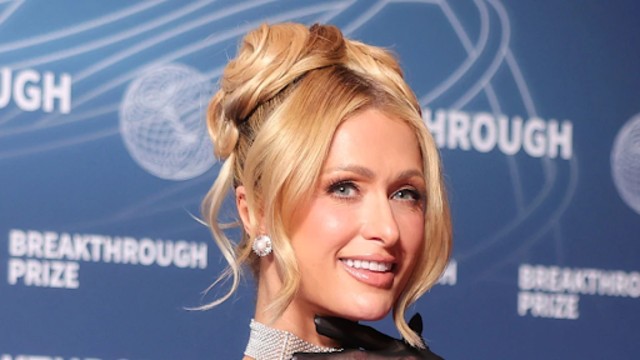
Hong Kong's first locally born twin panda cubs were introduced to the media at Ocean Park during a special ceremony on Saturday, February 15, 2025. AP Photo
Hong Kong is buzzing with excitement as residents get a chance to name the city’s first locally-born giant panda cubs. The twin cubs, born on August 15, have just turned six months old, and the competition to name them has officially begun. The naming contest kicked off on Saturday with a special ceremony at Ocean Park, where Hong Kong’s leader, John Lee, joined other officials to celebrate the milestone. The cubs, along with their parents and two other pandas from mainland China, live at Ocean Park, a popular theme park in the city.
John Lee shared that Hong Kong now boasts the largest number of pandas in captivity outside of mainland China. He added that the cubs’ names would be announced sometime in the first half of this year. Residents can submit their name suggestions via Ocean Park’s website.
At the ceremony, the panda cubs were introduced to the public, and people eagerly awaited to see them. Currently, the cubs are referred to as the “Elder Sister” and the “Little Brother.” Starting Sunday, the cubs will be on display for five hours each day, allowing visitors to catch a glimpse of the adorable siblings. For those who want more time with the cubs, they can pay 1,500 Hong Kong dollars (around $190) for special access before the park opens.
During a media preview on Saturday, the male cub seemed quite playful. He was seen lying on a swing and playing with a tree stick, before being placed on a slide by his caretaker. Meanwhile, the female cub explored the area and climbed onto a tree. According to the caretakers, the female cub is more active than her brother. She enjoys climbing the tree inside their enclosure and resting there. In contrast, the male cub enjoys wandering around and playing with plants. To tell them apart, the male cub has two purple spots on its back made of food coloring.
The birth of the panda twins was a significant event for Hong Kong. Their mother, Ying Ying, made history as the oldest panda to give birth for the first time. This exciting event has also caused a surge in interest on social media, sparking hopes of boosting the city’s tourism. Local officials have even suggested that businesses should take advantage of the panda craze, a phenomenon some lawmakers have called the “panda economy.”
Ocean Park has already seen an increase in revenue during the Christmas and Lunar New Year holidays, following the arrival of pandas from mainland China. Ocean Park’s chairman, Paulo Pong, said that the pandas have definitely helped bring in more income. However, caring for pandas is expensive. Last year, the park reported a deficit of 71.6 million Hong Kong dollars ($9.2 million) and had to rely on government support in 2020. The question now is whether the cost of caring for six pandas will place more strain on the park or help it recover.
Pong emphasized that the purpose of keeping pandas is not just for profit. He said it’s about animal conservation and educating the public.
Pandas are a symbol of China, often seen as an emblem of the country’s soft-power diplomacy. The Chinese government has long used the giant panda loan program to strengthen ties with other nations, and the pandas in Hong Kong are a part of this tradition.















